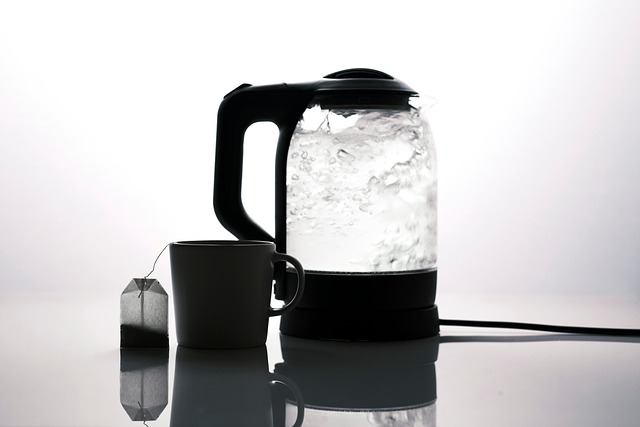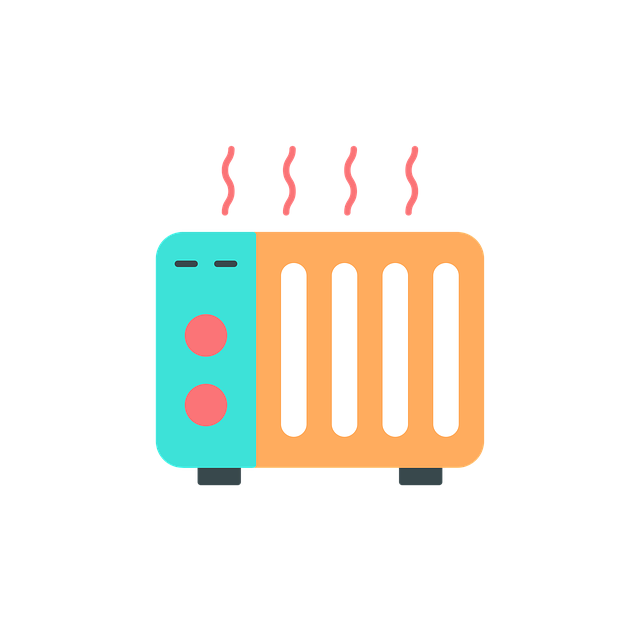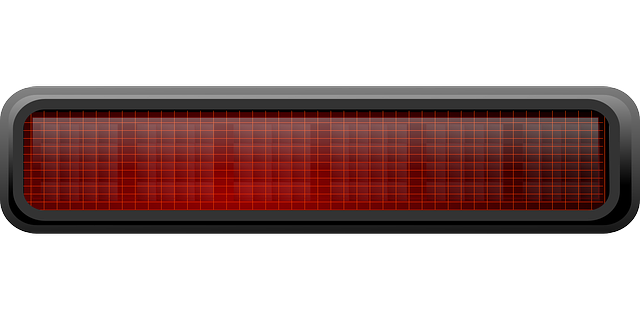Regular water heater maintenance is crucial for preventing hazards, inconveniences, and costly repairs. Check temperature settings, inspect for leaks, ensure ventilation, and address unusual smells or sediment buildup promptly. If you experience cold showers, check the thermostat and pilot light (for gas heaters), then flush and clean the tank. Unstable or fluctuating water temperatures may signal internal damage, requiring professional repair or a new heater to maintain efficiency and a consistent hot water supply.
Water heaters are essential home appliances, but they can develop problems that disrupt your daily routines. Troubleshooting these issues is often a step-by-step process of identifying common signs like no hot water, unstable temperatures, leaks, or loud tank noises. This article guides you through effectively navigating these challenges, offering insights on when to repair or replace your water heater based on age, costs, and energy efficiency. Additionally, discover preventive maintenance tips for regular inspections, cleaning, insulation, optimal temperature settings, and flushing to ensure longevity and optimal performance of your water heater, enhancing overall home comfort and savings.
Identifying Common Water Heater Issues

Water heater problems can range from minor inconveniences to significant safety hazards, making timely identification crucial for effective troubleshooting. Common issues include reduced water temperature, uneven heating, strange noises, frequent overheating, and leaking. Regular water heater maintenance is key to preventing these problems. Checking the temperature settings, inspecting for leaks, and ensuring proper ventilation are essential preventive measures. By addressing minor issues early on, you can avoid more serious repairs or even a complete replacement.
Additionally, keeping an eye out for unusual smells, such as sulfuric or rotten egg odors, which often indicate a buildup of sediment or bacterial growth, is important. If left unattended, these issues can lead to more complex problems affecting the water heater’s efficiency and safety. Regular maintenance routines, including flushing and cleaning, help eliminate sediment accumulation and ensure optimal performance.
– No hot water

If you’re facing a cold shower, it might be time to troubleshoot your water heater issues. One of the most common problems is a lack of hot water. Before assuming it’s time for a replacement, consider some simple maintenance checks. Check the thermostat setting; sometimes, it may be set at a lower temperature, resulting in lukewarm or no hot water. Ensure the heater has adequate power supply and that the pilot light (for gas heaters) is lit and stable.
Regular water heater maintenance, such as flushing and cleaning, can also prevent this issue. Over time, sediment buildup can reduce the efficiency of your heater, leading to inadequate heating. By regularly maintaining your water heater, you can extend its lifespan and ensure consistent hot water supply for your household.
– Unstable water temperature

If your water heater is consistently failing to maintain a stable temperature, it could be a sign that it’s time for some maintenance or even replacement. This issue often manifests as either scalding hot or uncomfortably cold water, or sudden and unpredictable changes in temperature. During regular water heater maintenance checks, ensure the thermostat is functioning correctly and properly calibrated. A faulty thermostat can lead to inconsistent heating, causing excessive energy usage and potential damage to your water heater over time.
When addressing unstable water temperatures, it’s important to differentiate between minor adjustments and major repairs. Simple remedies like resetting the thermostat or flushing out sediment buildup might suffice for temporary fixes. However, if the problem persists despite these measures, consider the age of your water heater and other potential red flags like frequent temperature fluctuations or unusual noises. These could indicate more serious internal issues that may require professional repair or even a complete water heater replacement to ensure safe and reliable hot water supply.
When it comes to water heater maintenance, knowing when to repair or replace is crucial. If you’re facing issues like no hot water or unstable temperature, don’t panic. Many problems can be resolved with simple troubleshooting techniques. However, if these fixes don’t work or your water heater is old and inefficient, it might be time for a replacement. Regular maintenance, including periodic cleaning and inspection, can significantly extend the life of your unit, ensuring a steady supply of hot water without unnecessary hassle.
